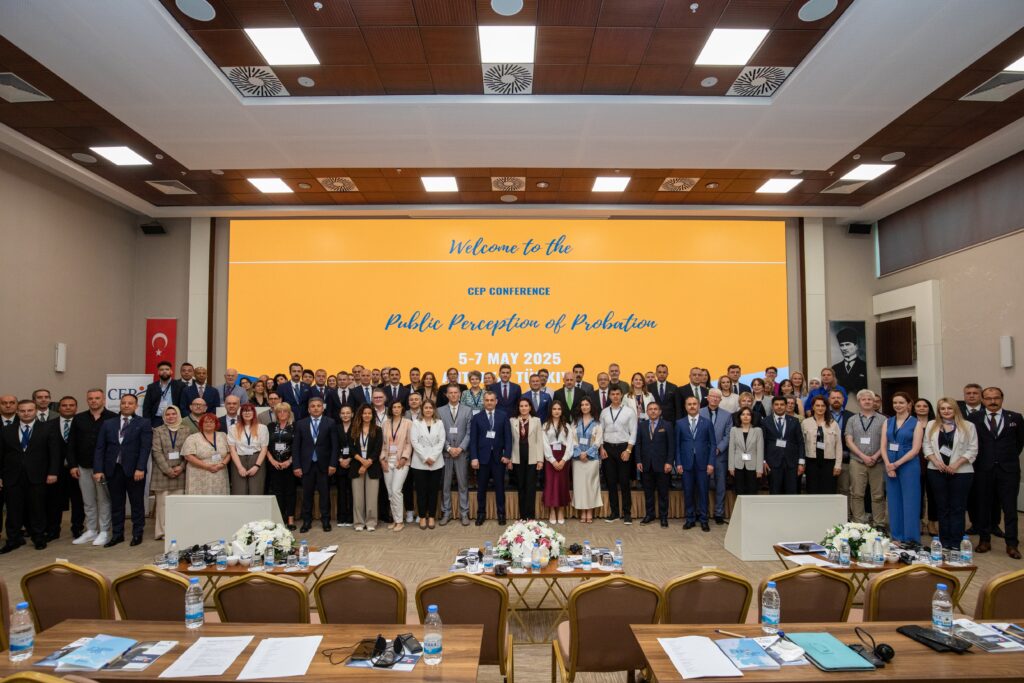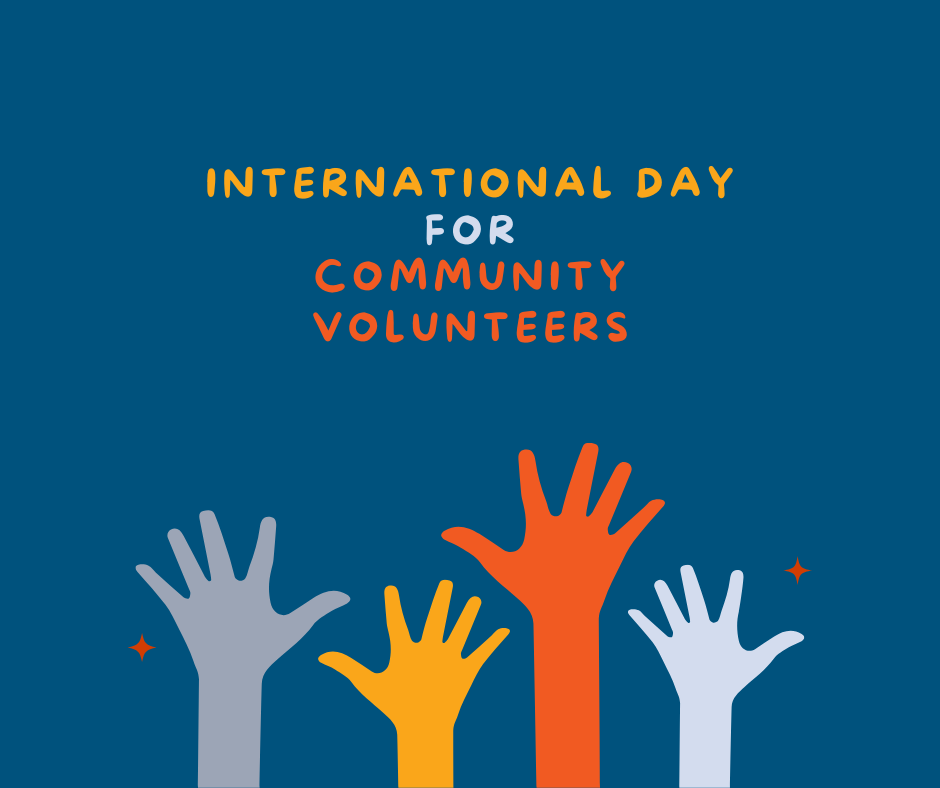Previous Article
News
Researching sexual abuse in the “new” normal
As we move towards the end of 2020, we all find ourselves in a challenging and unique position, with fluctuating restrictions, local lockdown, and talk of a vaccine but no sign of one. We keep hearing that we are entering an as-yet undefined “new normal”. It is a new normal that poses many questions, challenges, and opportunities in many arenas. This is especially true in the fields of sexual abuse, domestic abuse, and interpersonal violence. How do we create and maintain an evidence base when the landscape in which we do our research has changed?
By Kieran McCartan, PhD, & David S. Prescott, LICSW
Researching sexual abuse involves many research methods and tools, all of which have their purpose and tell different research stories that are valid and important in their own contexts. Generally, we use quantitative and qualitative research methods, with a case study approach being a close third, all of which have been impacted by the pandemic in different ways and. We therefore need to recognize these issues and think about how we adapt to them. This post spells out some of the challenges that we face as researchers in the field.
Ethics: Developing and using good ethical practice in research has become central when conducting all research midst, the pandemic and moving into the “new” normal in all fields, but especially in the field of sexual abuse. In broad terms, the process of doing ethical research has shifted with the timeframe for getting ethical approval has lengthened, with more information being asked for, especially in terms of data collection, data storage, participant safeguarding, researcher safeguarding, and partnership arrangements. In regards, to sexual abuse research ethics the nature of our field indicates that our research participants maybe in vulnerable or shielded populations, as well as the fact that lockdown may mean that participants are trapped in an abusive relationship, maybe in a situation that triggers there victimization or preparation, or that they maybe feel more psychologically on edge. All of this means that we need to think more about ethics and good ethical practice in our research than ever before.
Safeguarding: In the “new” normal we need to think about the added impact of doing sexual abuse research at a distance, in terms of the researchers and the participants.
- Researchers are more likely to be doing research online, at a distance, at home and, potentially, in isolation. This means that researchers may need to check in with each other more often, talk with them about their research, and quite possibly discuss the impact that it is having on them (and their relationships with family and friends). For those who are doing research in institutions, they are doing these in COVID-19 conditions with addition precautions around them and, therefore, may feel more on edge and more vulnerable.
- In regard to participants, either people who have been victimized, people who have committed sexual abuse, and/or the peers and families that surround both groups, we need to make sure that there are appropriate safeguards in place, clear information on where they can go for support and assurances, and that the research will not do more damage than good. The reality is that participants involved in sexual abuse research, especially qualitative research, may be more vulnerable, whether psychologically or physically, because of the lived reality of COVID-19; we need to recognize as well as support them in this. In addition, the participants may be in a shared house, with people potentially causing harm to one another or being an unaware third party in a home in which abuse is occurring or about to occur. This will change the nature of the interview and could present additional risk concerns.
The reality is that online research presents additional concerns about data protection, anonymity, and privacy. Certainly, in Europe there has been conversations about the General Data Protection Regulation (GDPR) and online qualitative research.
Data Collection: Although we are still collecting data, the pandemic has affected means for doing so. This impact has been, and will be, different depending on the methodology. The biggest impact will be on lab-based research and qualitative research. During the pandemic, especially in Europe, we have seen labs closed for periods of time, greater restrictions on how labs are being used, and who has access to them. In conversations with lab-based researchers it’s not uncommon to hear them question how their projects can continue or the data collection altered. In terms of qualitive methodology, the pandemic has resulted in a change to online data collection, with zoom interviews or Microsoft Teams focus groups. Is this the most effective approach? Is doing qualitative research with people who have been sexually abused and people who have committed it effective when data collection occurs online? The challenge is that we don’t know, especially with the research and methodological fields swinging back and forward; some have stated that it could enable people to participate more while at the same time others believe that online interviews can inhibit conversations. The reality is that moving qualitative research online changes it and presents substantive challenges to the research, the researcher, and the participant. This, in turn, changes the approach to data collection impacts the data that is collected.
Doing sensitive and challenging research in the new normal means that we need to adapt our approach, that we must look at new methods and add in different considerations. It does not mean that data collection cannot happen, just that it cannot happen in the way that it did before.

Related News
Keep up to date with the latest developments, stories, and updates on probation from across Europe and beyond. Find relevant news and insights shaping the field today.
Recap

CEP Events, Communication and Awareness-Raising
Recap: Conference on Public Perception of Probation
06/05/2025
From 6 to 7 May, the CEP Conference on the Public Perception of Probation in Europe took place in Antalya, Türkiye, bringing together over 100 participants from more than 20 countries. The event offered space for open discussion, exchange of experiences, and practical ideas on how probation is seen and supported across Europe.
New

Probation in Europe
New Interview Online with Felix Gerike, a survivor of a knife attack
01/05/2025
What do victims of violent crime need to recover—and what can be done to prevent such attacks?
In the latest episode of Division_Y, Jo Tein, CEP board member, speaks with Felix Gerike, a survivor of the 2023 Brokstedt knife attack in Germany. Felix played a crucial role in disarming the attacker, helping to prevent further harm. He shares his personal experience, reflections on victim support, and his views on justice and policy responses to violent crime.
Probation in Europe
New Executive Summaries for the report on Building Probation Capacity in Spanish and Italian
01/05/2025
Updated

CEP Board, Probation in Europe
New Interview Online: Maren Michels – The Role of NGOs in Probation
22/04/2025
In the newest Division_Y interview, Maren Michels, director of the Hamburg Welfare Association, shares her experiences and reflects on the vital role that NGOs play in supporting people during and after incarceration.
New

CEP Events
Want to Win a CEP Award? See How Finland Did It – Apply for 2025!
22/04/2025
We’re excited to share an exclusive interview with the winners of the Development of National Probation Services Award from the CEP Awards 2022:
The Prison and Probation Service of Finland.
New

Volunteers
International Day for Community Volunteers
17/04/2025
17 April – International Day for Community Volunteers!
Today, we celebrate the inaugural International Day for Community Volunteers Supporting Offender Reintegration—a day dedicated to acknowledging the vital contributions of volunteers who assist individuals in their journey back into society.
This initiative was launched during the 2nd World Congress for Community Volunteers, held alongside the 6th World Congress on Parole and Probation in The Hague (16–18 April 2024).
At CEP, we’re proud to support the official Declaration on the International Day for Community Volunteers. We’re also actively involved in the CoPPer project—a European initiative aimed at promoting community participation in probation services. CoPPer focuses on training volunteers to support individuals under supervision, helping them access education, employment, and community connections.
A heartfelt thank you to all the community volunteers out there—your dedication makes a real difference.
Subscribe to our bi-monthly email newsletter!
"*" indicates required fields
- Keep up to date with important probation developments and insights.

